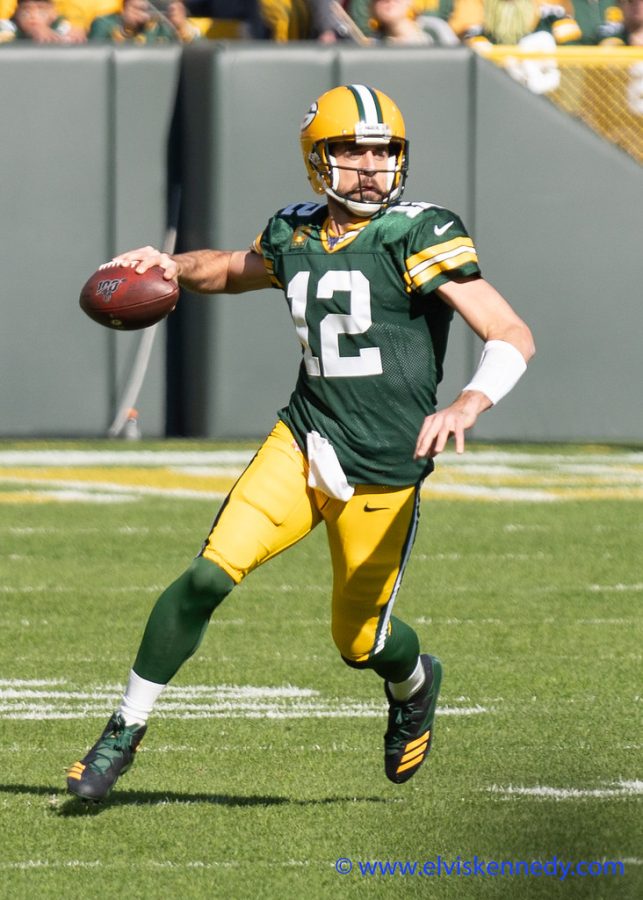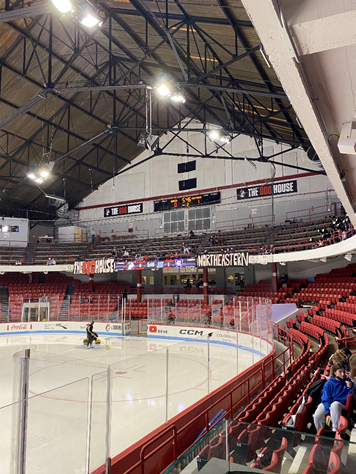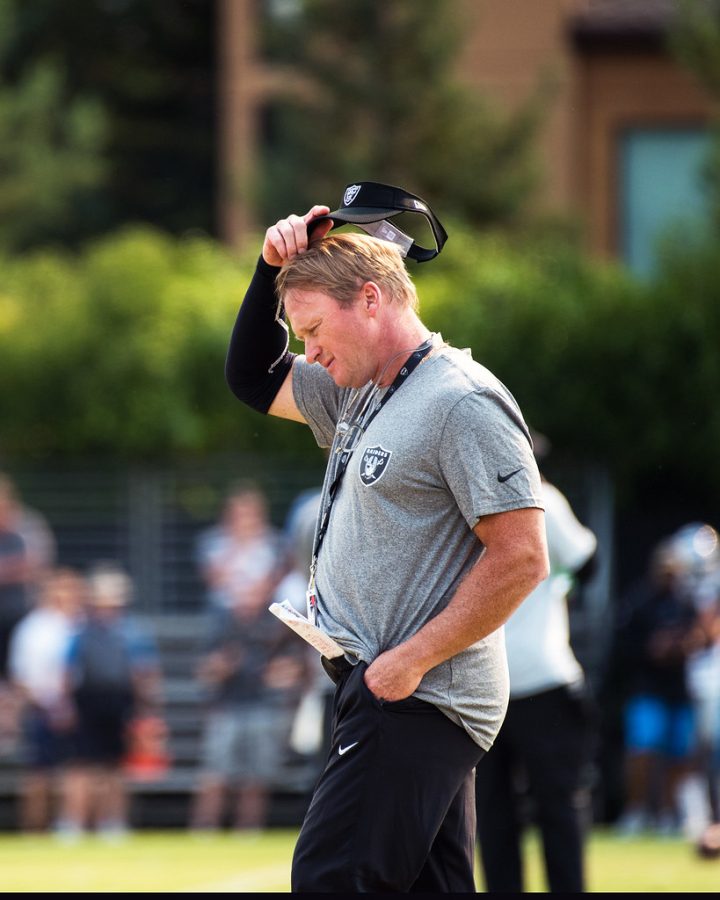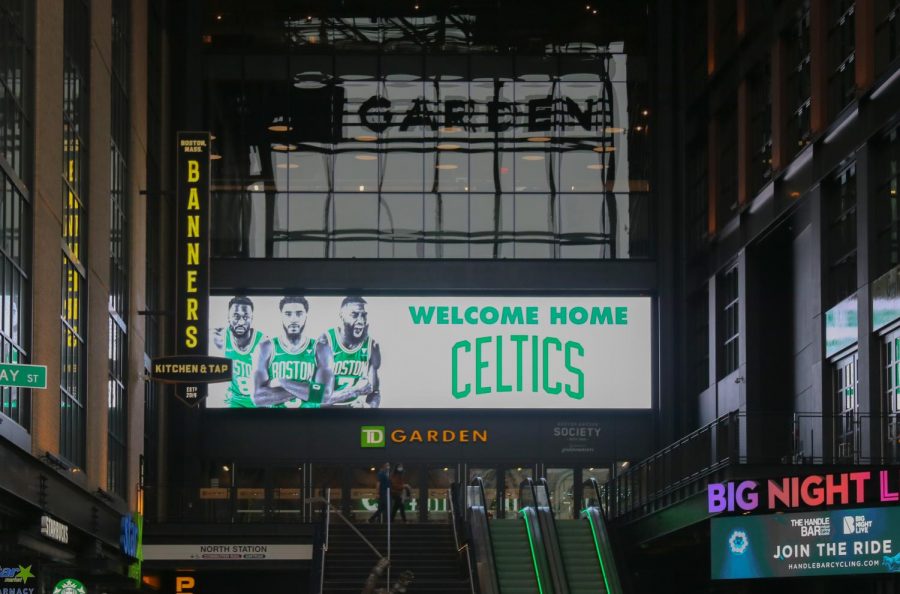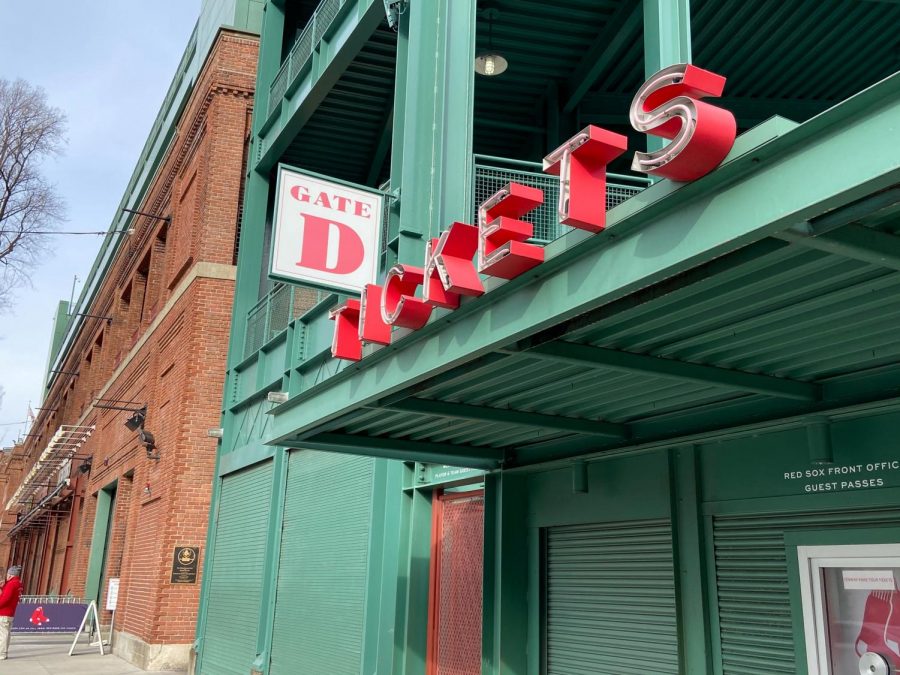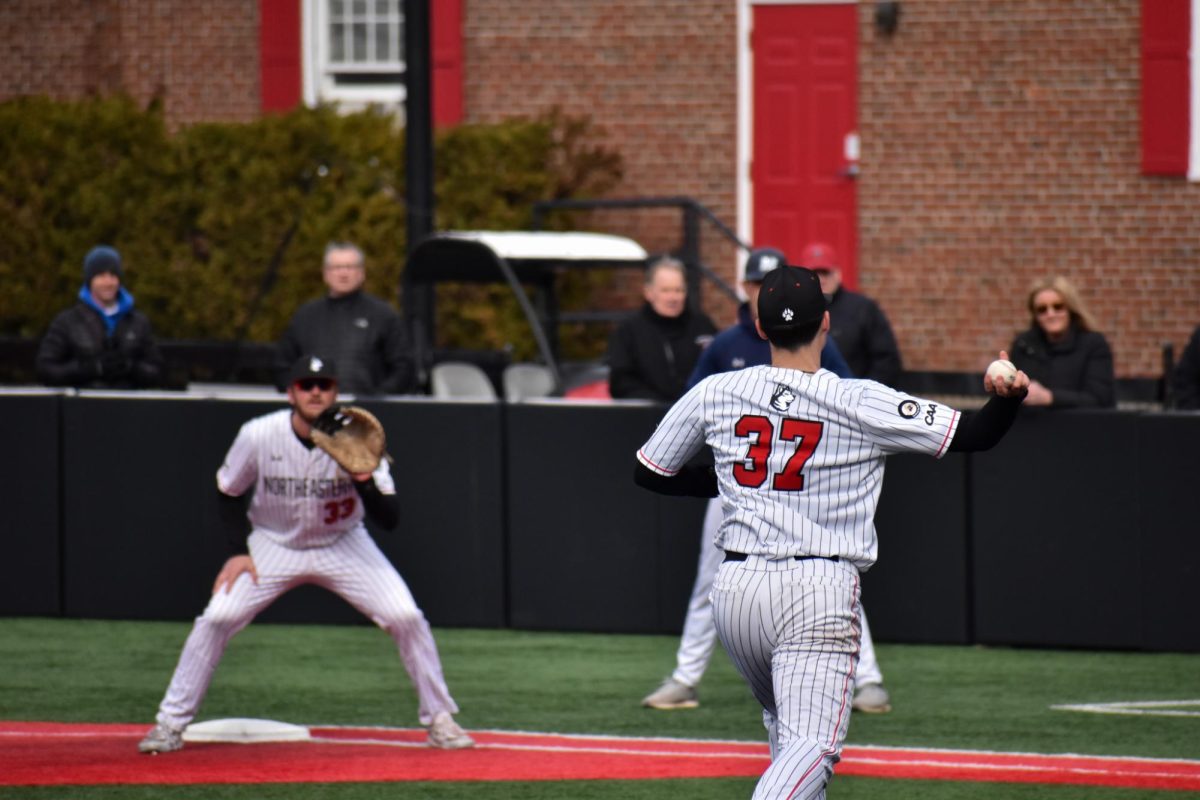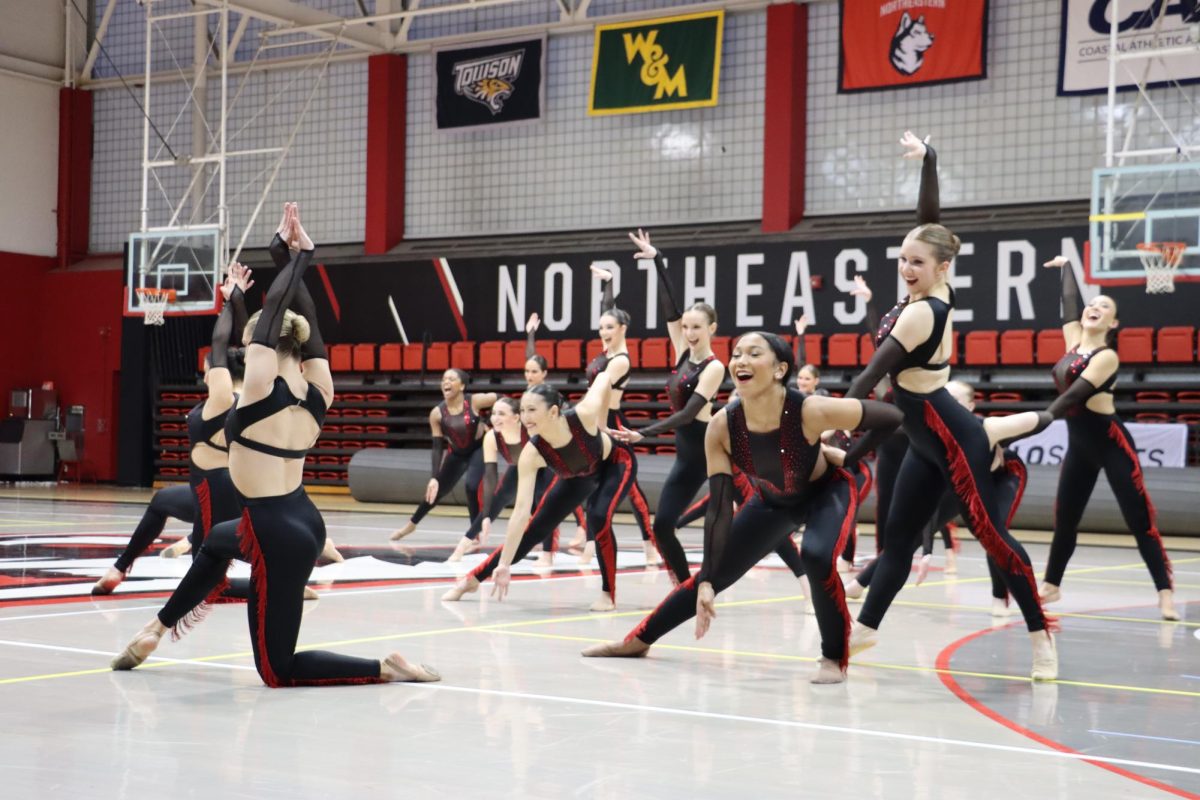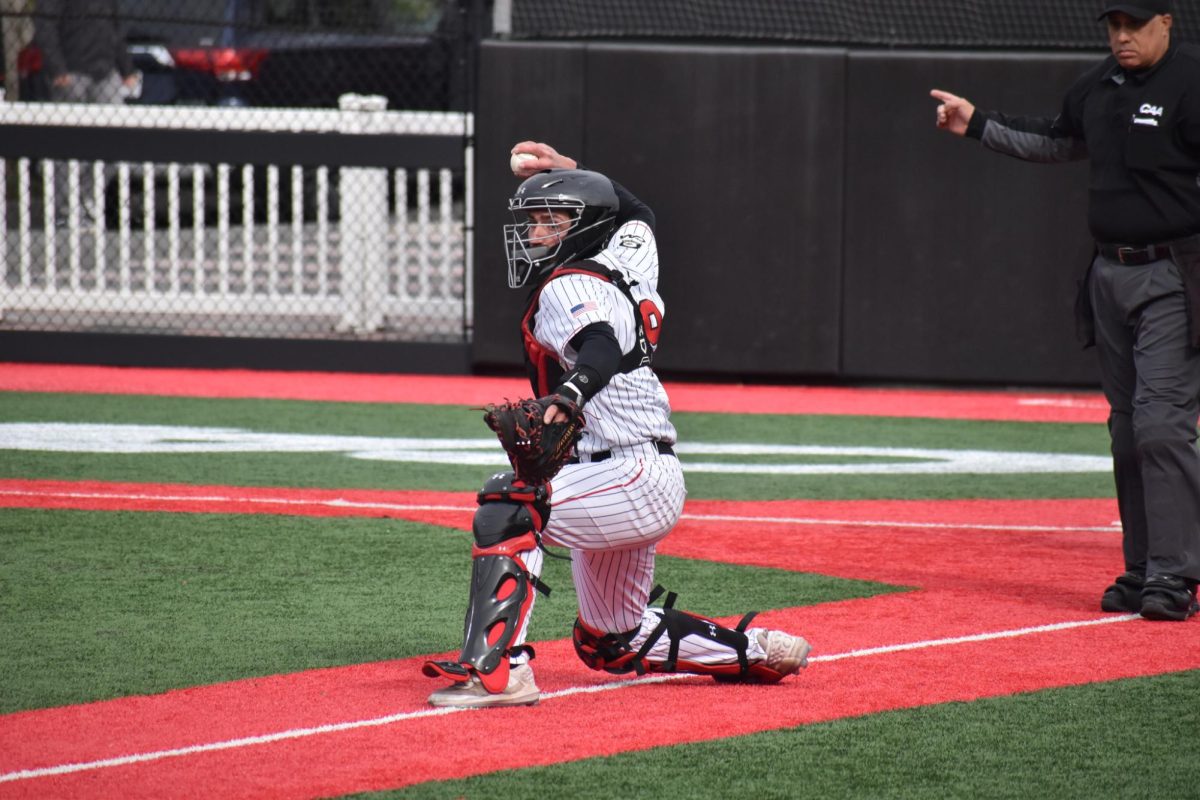By Charlie Wolfson, sports columnist
This year’s NFL Conference Championship games will feature the Pittsburgh Steelers, New England Patriots, Green Bay Packers and Atlanta Falcons. Should be a great day of football, right? Three potential Hall of Fame quarterbacks will play this weekend. No matter how much drama or excitement takes place, though, it will be more of the same-old same-old for the NFL.
It’s no secret that the NFL has plenty of problems on its radar these days. A few of the staples, as most know, are its declining television ratings (down approximately 10 percent for the 2016 season), growing public concern over head injuries and the fact that not only did one of its marquee franchises get caught cheating twice since the turn of the century, but commissioner Roger Goodell may have bungled the league’s handling of one of the offenses. There’s another issue, though, that deserves a float in the ever-growing parade that is the NFL’s set of problems: The NFL has a parity issue.
Contrary to what they would have you believe (and you will be shown any number of graphics and statistics to try to persuade you otherwise), the NFL has had a stark lack of parity for quite some time. A select few teams enjoy the lion’s share of the success, and that is something that needs to be addressed along with the other issues mentioned above.
“There are certain systems that we have to make sure that we maintain,” Goodell said in a 2011 Q&A session with Kansas City Chiefs season ticket holders. “When you come into a season, every fan thinks their team has a chance to win the Super Bowl, and that’s what I believe the 32 clubs are working towards.”
As the league negotiated its last collective bargaining agreement, Goodell wrote in a Wall Street Journal op-ed that the NFL has an ideal system in place. “A union victory threatens to overturn a carefully constructed system of competitive balance that makes NFL games and championship races so unpredictable and exciting,” he said.
A common tactic used by the NFL is pointing out how many teams are still in playoff contention at a point in the season. The league prides itself on having a gaudy number of teams that have some faint, almost entirely theoretical chance of making the playoffs late in the season. This is meant to convince us that the league is fair and balanced and rife with parity, because, hey, if so many teams haven’t achieved complete and total failure by week 14, then it must be.
Both of those tricks are instances of the NFL (and a good chunk of its followers) confusing parity with chance. Sure, any team could beat any other team in one regular season game. This is because football is a game of hurling an oddly shaped ball scores of yards down a field and hoping your teammate manages to catch it while being brutally bombarded by a defender. It involves a heck of a lot of skill, but also some luck and some chance. Flukey wins happen all the time in the league, they do. But the parity that really matters in the NFL is not in cherry-picked regular season games. It’s in the playoffs.
Since 2006, the AFC has sent 22 teams to its conference championship game. Sixteen of those were the New England Patriots, the Indianapolis Colts or the Pittsburgh Steelers. Three teams accounted for 73 percent of AFC Championship berths, while the other 13 teams fought over the remaining space. Similarly, of the NFC’s 22 berths since 2006, the Green Bay Packers, San Francisco 49ers, New York Giants and Seattle Seahawks have gobbled up 11. That’s half of the spaces being occupied by a quarter of the teams. Only a fraction of teams ever appear in the season’s most consequential games.
Remember when I conceded that the NFL may achieve parity during the regular season? Well… it doesn’t. Practically every division in the league has been dominated by one team in recent years. The AFC East has been won by the Patriots 13 times in the 14 seasons since the 2002 realignment. The Colts, Seahawks and Packers all won their respective divisions nine times in that span. The AFC North is among the more balanced divisions in the league—at least until you realize that the hapless Cleveland Browns have been shut out entirely in this department.
To recap: The NFL, despite tricking you with the occasional upset or underdog story, does not achieve parity in the regular season. Far more often than not, it’s the case of the old bully beating up its familiar victims time after time—the Patriots, Packers, Seahawks and Colts have survived off of their division’s lunch money for much of the last 15 years. There also isn’t parity in the playoffs; the same cast of characters keeps showing up in the late rounds. Sure, there’s the occasional wild card or divisional appearance by a plucky upstart team, but the conference championship round has boiled down to the same elite few consistently.
What does this all mean? The NFL has some fundamental issues with competition. A league that once proudly regarded itself as the greatest in the US needs to look itself in the mirror: Can a league where the same handful of teams succeed year in and year out be called truly great and virtuous?
Charlie can be reached at [email protected].








